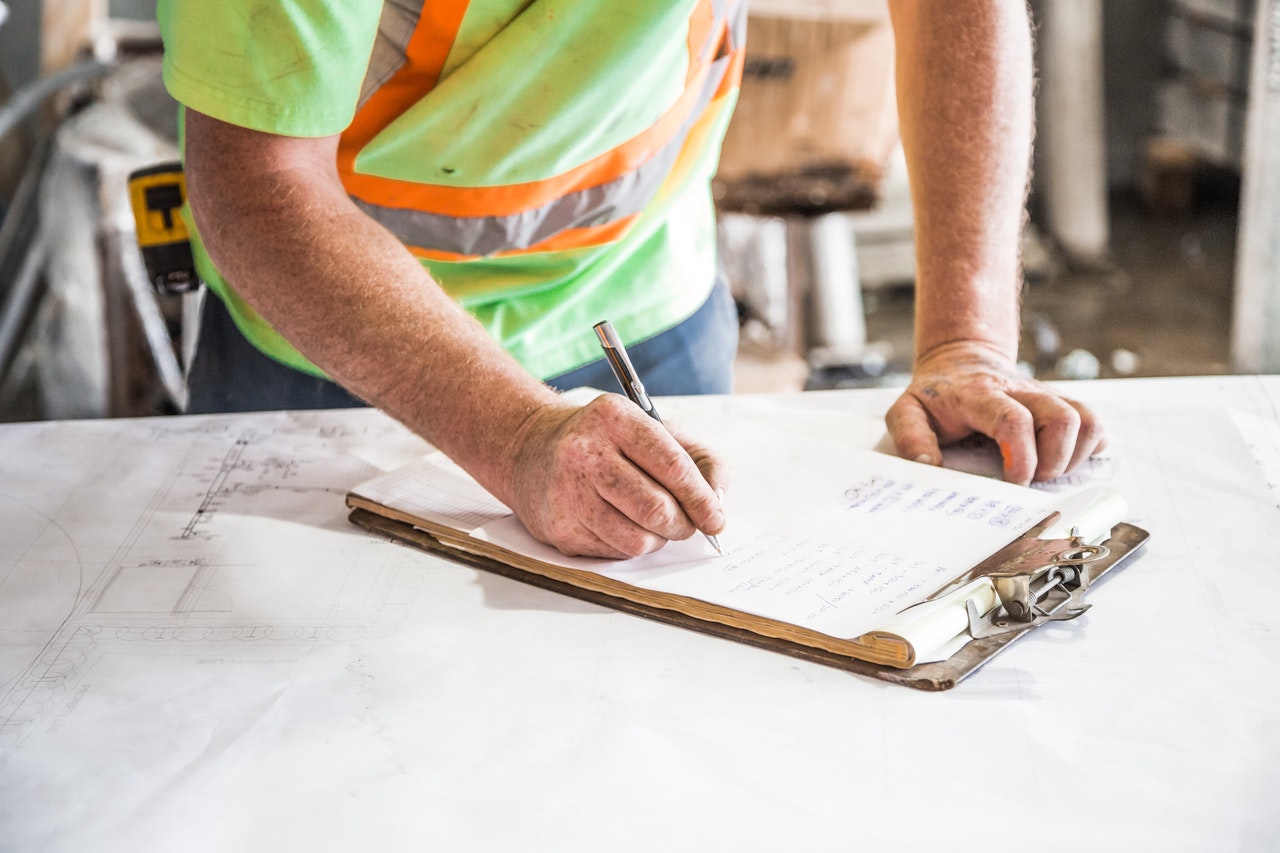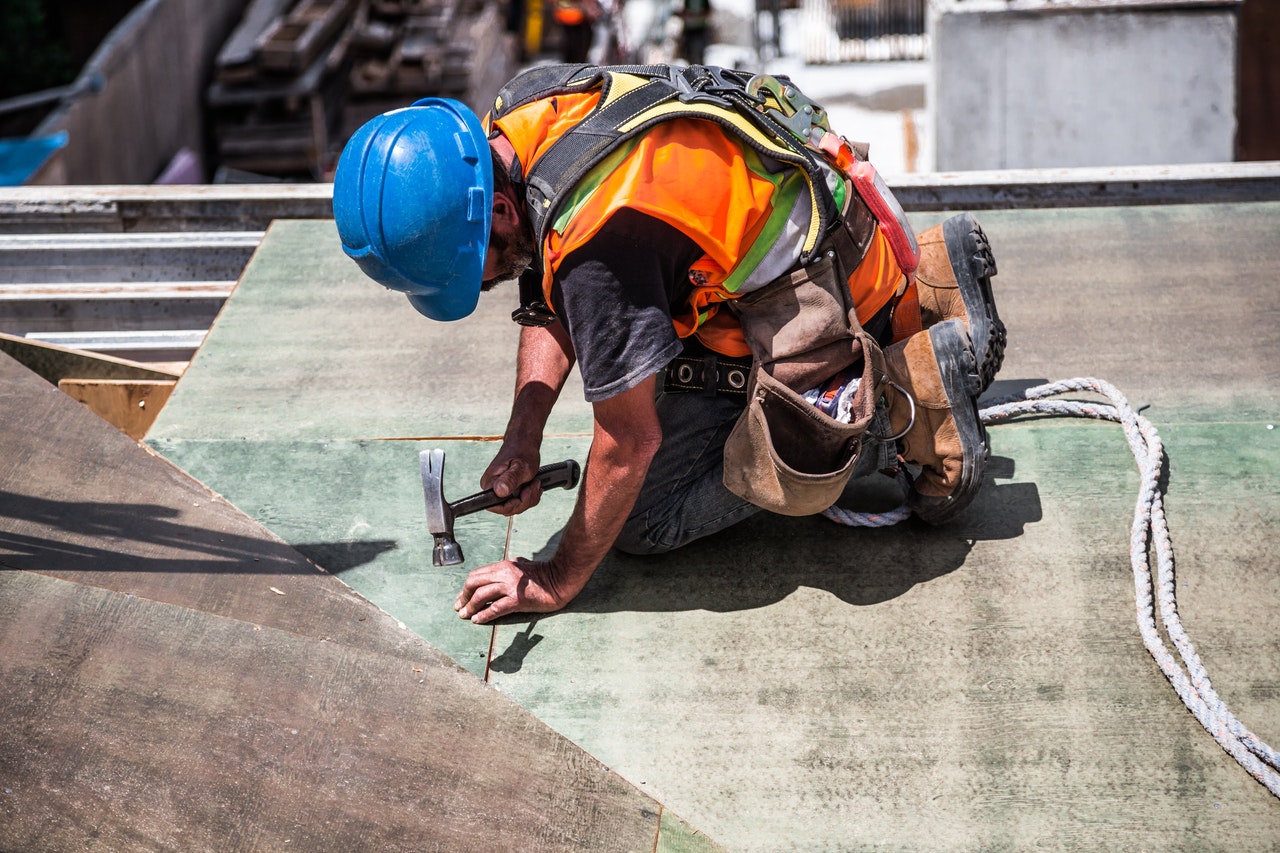Construction businesses are complex because a typical project involves multiple operations and processes.
Apart from ensuring that they run seamlessly, you have to keep tight control over costs and stay ahead of the timelines. Safety risks, non-compliance, and quality gaps are other reasons to worry.
As a building contractor, all this sounds like a lot of work. Moreover, there are disaster stories that keep troubling you, from unfinished buildings to blown budgets, lawsuits, and more.
While things look challenging, building contractors also have great opportunities to earn profits and build a lucrative business. Everything boils down to keeping processes balanced and steering clear of problems. It is doable, provided that you follow construction best practices.
Fortunately, you need not worry much about identifying them because industry leaders have already defined the best practices that every contractor must follow to achieve success. Let us list them for you.

1. Get a good start with procurement
A good start at the procurement stage sets you up for success. It is the very first step that gets construction contractors going in the right direction.
Procurement involves more than sourcing your materials to get ready for the build. It also includes the choice of the best teams for design, operations, and delivery.
Further, you must also choose the relevant method for construction management at this stage. It depends on the size, scale, and budget of the project. Getting everything sorted out early makes you more comfortable down the line, and you have better chances of achieving success for the projects you undertake.
2. Partner with the right people
Construction isn’t a one-man industry. Delivering successful projects is all about solid partnerships because you will need people with different skills and expertise to handle various parts of the job.
Working in collaboration with others helps you achieve a lot, from better quality to timely completion, higher profits, and greater value for money. When it comes to collaboration best practices, you must ensure that trust and cooperation are the cornerstones of partnerships.
Pricing should be an open-book procedure, and there should be a process for problem resolution. Everyone on board must have a set of common objectives and commit to continuous improvement throughout the project.
3. Never skimp with the quality of employees
While you must collaborate with reliable partners, it is equally important to invest in workforce quality. Build a strong team from the ground up, starting with labour to design professionals, architects, quality managers, and construction managers.
Have well-defined hiring practices that prioritize quality with stringent background checks. Ensure that they have licenses and references.
A team of skilled and qualified people gives you an upper hand with quality and completion. Moreover, there will be fewer mistakes and lesser wastage of resources in projects.

4. Prioritize risk management in the construction business
Construction projects are fraught with risk, and there is no way you can steer clear of them completely. If you want to close them successfully, risk management should be the top priority.
Maintaining a risk register is a good idea as it provides records of threats faced from start to end. A clear picture of risks makes your business future-ready as you can have provisions to manage them and even avoid them in future projects.
Buying Project Specific Construction Insurance puts your company in a good place, as you have peace of mind even if something goes wrong. Staying a step ahead with risk assessment and getting adequate coverage with insurance is enough to keep projects afloat in the long haul.
5. Stay a step ahead of the supply chain
Project success depends on more than how you manage your operations on the job site.
Staying a step ahead with supply chain management is an equally vital best practice for contractors to follow. It ensures that there are no bottlenecks in the procurement of materials and supplies at any point, so projects never go to a halt and labour does not experience downtime.
If you manage the chain effectively, you can achieve cost savings and stay on track with timelines. It means that the company will be productive and profitable throughout.
6. Manage expectations for budgets and timelines
Having well-defined budgets and timelines for your construction projects is definitely vital, but you need to manage expectations in these contexts.
Taking a more realistic view of budgets and timelines helps. You must understand that quality competes with cost and time, so you cannot expect to achieve the best quality on a tight budget and timeline.
Even as you make efforts to stay within budgets and deadlines, always have margins for contingencies. You will not want to compromise with project quality because it has a far-reaching impact on your reputation. It makes sense to spend a tad more and take a little extra time to deliver projects to the satisfaction of the client, and having such margins helps.
7. Project planning is crucial
Successful projects always start with a preconstruction plan. Create one with accurate information and reliable inputs from your professional team because they have the first-hand experience to define an actionable roadmap.
Discuss expectations and specifications with the client and have a full design ready for their perusal. It will make things clear and prevent change orders later.
Moreover, there is hardly a chance of a dispute because you have a planned structure approved by the client even before you start. Planning may cost a bit, but it can save you from stress and trouble in the long run.

8. Pay attention to worker health and safety
Another best practice that every contractor must implement is to ensure the health and safety of workers on the job site. It prevents accidents and facilitates compliance with the industry regulations, both being crucial for any business.
Proper safety planning is the best place to start. Assess the risks on job sites and invest in the right tools and safety equipment for the employees.
Ensure that the workers are properly trained and create awareness about health and safety. Proper supervision and clear instructions play a valuable role in driving on-site safety.
9. Be ready to embrace technology
The industry is getting ahead with technology, and embracing innovation is the best thing to do. Modern software solutions can help the business in all aspects, from better construction management to smarter scheduling, smoother communication, and enhanced on-site safety.
Keep track of the latest technologies and embrace them early to empower operations. They help you boost productivity, drive automation, and gain a competitive advantage in the business landscape. New technology may require some investment, but you must make it without second thoughts.
10. Go the extra mile with sustainability
You may not consider sustainability a necessity, but it is a practice that no construction contractor should miss out on.
All projects can benefit from green initiatives such as reducing energy and water consumption. You can go the extra mile by looking for alternative energy sources, such as solar and wind power.
Recommend energy-efficient buildings to the clients so that you can make a difference. While the practice makes you do your bit for the earth, it also builds a reputation for your business.
Making your construction company a success need not be a daunting task. Just embrace these best practices, and you can take your business a notch higher, regardless of its size and scale.

The Ideas Plus Business Editorial team is responsible for this post. For collaborations and partnership requests, kindly send an email to the Editorial Team at ideasplusbusiness[at]gmail[dot]com for the terms and conditions. You can also follow IdeasPlusBusiness.com on Twitter here and like our page on Facebook here.
